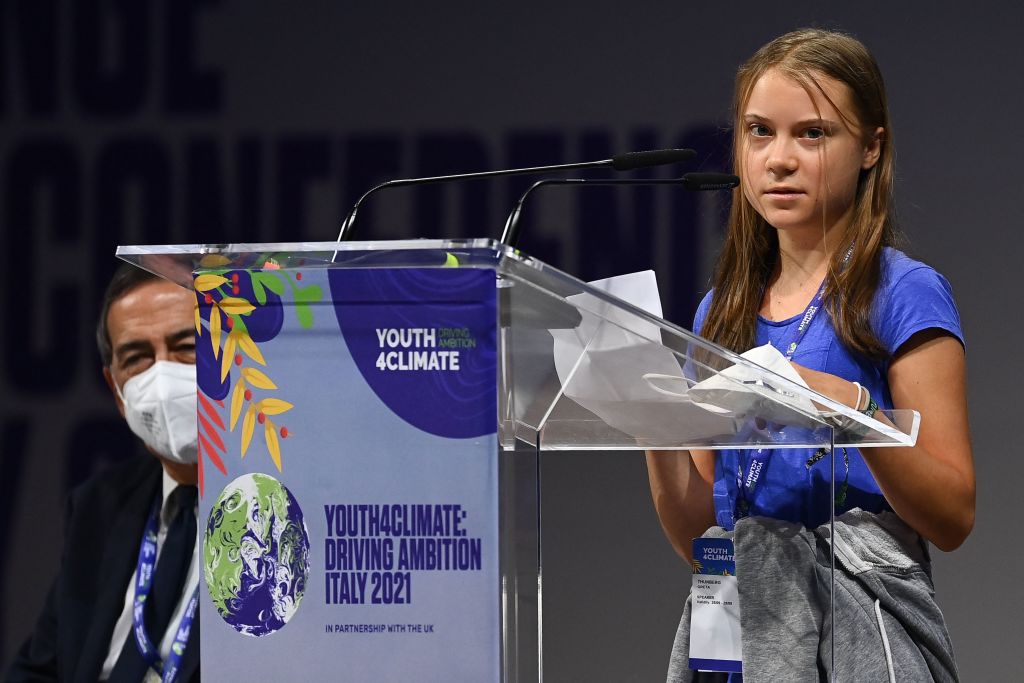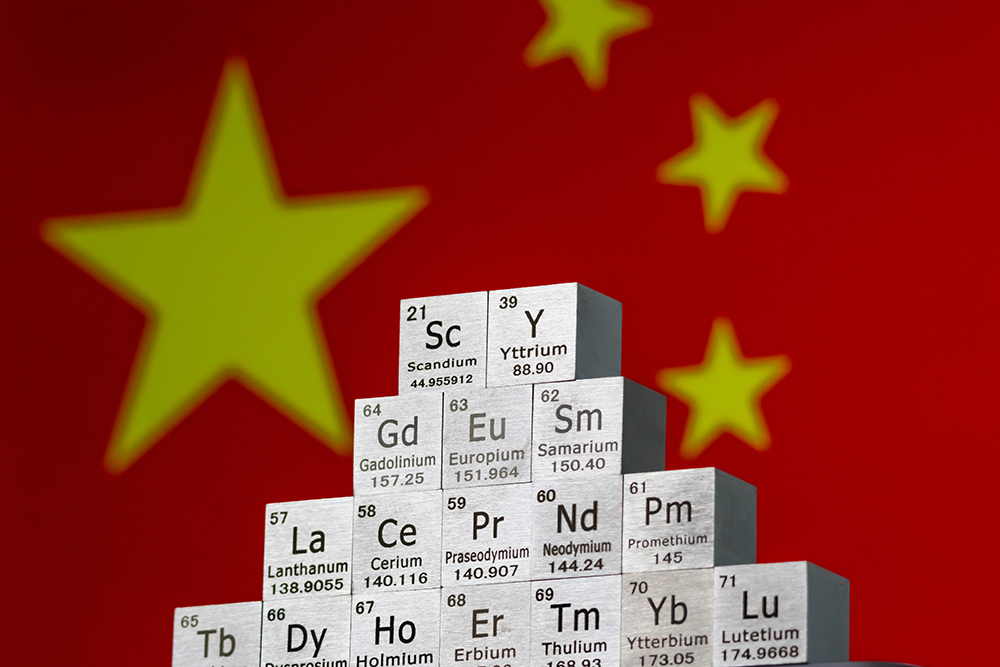“UN Global Climate Poll: ‘The People’s Voice Is Clear – They Want Action.’” So ran a typical headline in the British newspaper the Guardian in January. Yet this month, a poll released as world leaders met at the Glasgow Climate Change Conference prompted a very different Guardian headline: “Few Willing To Change Lifestyle To Save The Planet, Climate Survey Finds.”
Huh?
Yes, surveys are essentially universal in showing people worldwide are terribly concerned about Global Climate Change (GCC) and support efforts to mitigate it, often no matter how drastic. But those polls may reflect a false perception. If the media convinces you that the earth will soon be covered by water or become a fried Snickers bar unless we make drastic progress in reducing so-called greenhouse gas emissions, that’s your paradigm.
But what actions and by whom? That’s what comes out in this latest survey.
The answer is (drumroll, please!) Something by Someone Else. And importantly, the poll only includes those in the wealthier nations that per capita are emitting the most gases and have the budgetary room to make sacrifices.
The Kantar Media survey identified respondents in 10 countries, including the US, UK, Spain, France, the Netherlands, Germany, Sweden, Poland, Singapore and New Zealand. All are ranked by the World Bank as High Income Countries.
It found that 62 percent of those polled saw the climate crisis as the main environmental challenge the world was now facing, ahead of air pollution (39 percent), the impact of waste (38 percent) and new diseases (36 percent) (don’t tell Dr. Fauci!).
Someone needs to make real sacrifices. But someone else. Because, à la the Lake Wobegone Effect, in which somehow everyone is above average, it turns out virtually everyone polled said they were already doing their part. More than their part, in fact. “Every country except Sweden is giving itself the highest score for commitment,” said the pollsters.
And it wasn’t just by country.
Individuals generally saw themselves as much more committed to the environment than others in their local communities, or any institution for that matter. About 36 percent rated themselves “highly committed” to preserving the planet, while only 21 percent felt the same was true of the media and 19 percent of local government. A mere 18 percent felt their local community was equally committed, with national governments (17 percent) and big corporations (13 percent) seen as even less engaged.
Around 76 percent of those surveyed agreed that they would be willing to accept stricter environmental rules and regulations, yet 46 percent believe there is no need for them to change their personal habits. “Sacrifice for thee, but not for me!”
Naturally, having allegedly given more than their pound (or about half a kilogram) of flesh, they weren’t too keen on giving more. Over three quarters of those surveyed across the 10 countries said they would accept stricter environmental rules and regulations in the abstract, but almost half (46 percent) felt that there was no real need for them to change their personal habits. That, apparently, was the job of their neighbors.
Again, bear in mind that these were all advanced nations. What if you asked the same in the so-called “developing world?”
A Chinese or Indian family with no washing machine or air conditioning is now to be told it has to pay a climate change surcharge? Hello? Chinese emissions as a nation are by far the highest in the world but per capita less than half those of Americans. Indians have a “carbon footprint” less than a seventh of that of Americans, and Pakistanis’ are almost unmeasurable. They truly are “doing their part,” even if it’s just because they have no choice.
But given a choice, of course, they want what we already have. “Fighting climate change” means sacrifice, and anyone who says otherwise is lying. Higher taxes or less driving or eating plant-based disgusting “Impossible Burgers” — it’s all sacrifice. Indeed, the most vociferous GCC activists admit it’s their goal that we essentially wear hair shirts, a moral “cleansing” if you will.
So basically every poll you’ve ever seen indicating that people want more done to “combat global warming” is false. They want someone else to do the job. Which is actually completely rational. But the takeaway is that if the earth is warming, and it’s because of greenhouse gases, then it will continue to do so. Any country that plays along is sacrificing its citizenry for nothing.
Michael Fumento has been an attorney, author, and science journalist for over thirty-five years. His work has appeared in the New York Times, the Washington Post, the Sunday Times of London, the Atlantic and many others.

























